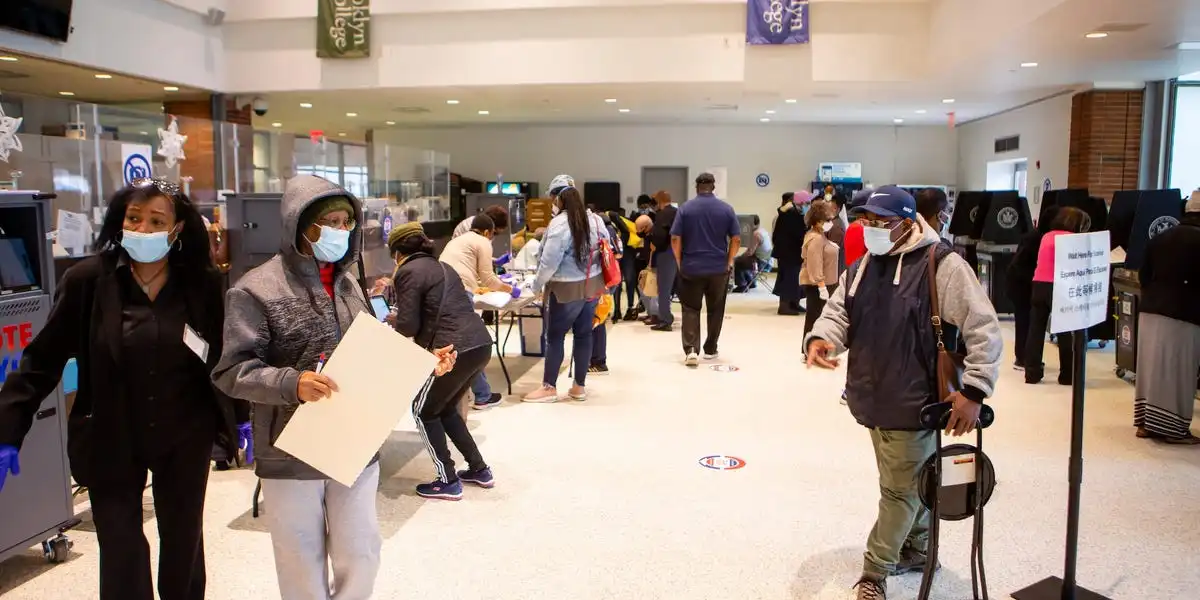DC Democrats argue ranked choice voting is confusing to voters in predominantly Black areas as they seek to block potential vote on implementing the system
DC Democrats argue ranked choice voting is confusing to voters in predominantly Black areas as they seek to block potential vote on implementing the system

DC Democrats argue ranked choice voting is confusing to voters in predominantly Black areas as they seek to block potential vote on implementing the system
